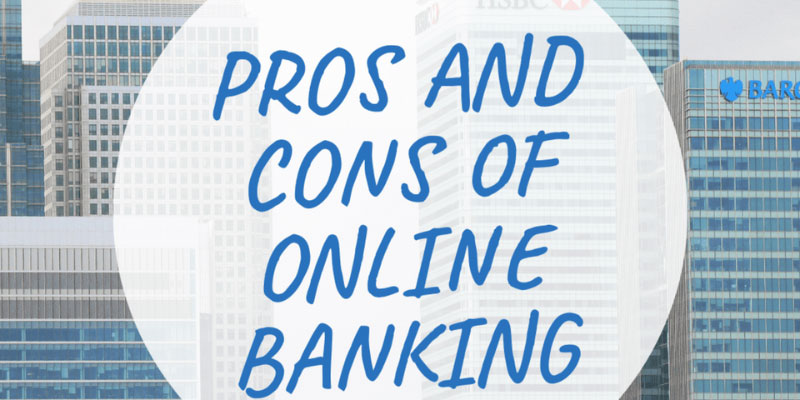Investing in asset-backed securities (ABS) allows investors to experience higher returns with lower risk than traditional options such as stocks and bonds. In this guide, we will discuss the fundamentals of ABSs, including how they operate, their benefits and drawbacks, and what type of investor should consider investing in them. Banks, special purpose vehicles, and other financial institutions issue ABSs to acquire capital for projects or investments - allowing you to benefit from greater potential profits without maximum loss.
Definition of an Asset-Backed Security (ABS)
Banks and other financial institutions use asset-backed securities (ABS) to generate capital for their investments or projects. ABSs are debt instruments that leverage the value of assets such as real estate, vehicle loans, or intellectual property to do so. Thus, these powerful investment tools allow entities to boost their revenue streams with minimal risk!
Types of ABSs
There are several different shapes and sizes of Asset-Backed Securities (ABSs). For instance, Mortgage-Backed Securities (MBS) receive their backing from a portfolio of mortgages—alternatively, Automobile Loan-Backed securities leverage car loans for backup capital. Moreover, Collateralized Debt Obligations (CDOs), Credit Card Receivables, and Student Loan Receivables also qualify under the umbrella term ABS.
Benefits and Risks of Investing in ABSs
ABSs can give investors the potential for superior gains compared to more traditional investments, such as stocks and bonds, but they come with risks. These include interest rate risk, prepayment risk, and liquidity risk. To ensure you know the associated rewards and dangers before investing in an ABS, it's recommended to conduct thorough research on the security first. By doing so, you will better understand its particular risk/reward profile.
Who Should Invest in ABSs

Asset-backed securities can be a perfect match for confident investors seeking higher yields than conventional investments such as stocks and bonds. Nonetheless, they may only suit some investors because of their risks. Before investing, you should thoroughly examine an ABS to understand its risk/reward profile and consult a financial expert when required.
How to Invest in ABSs?
Savvy investors should always research an ABS thoroughly to evaluate the associated risk/reward profile before investing. One can utilize a broker or financial advisor to purchase an ABS and may even find them available through mutual funds and ETFs. For more complex investments, it is wise to seek professional advice from a qualified financial adviser who will confirm whether this type of security aligns with your investment objectives.
What types of regulations apply to ABSs?
To ensure a secure and compliant investing experience, ABSs are tightly monitored by the US Securities and Exchange Commission (SEC) and other regulatory entities such as Financial Industry Regulatory Authority (FINRA). So, if you're considering investing in this type of security, make sure to peruse all relevant rules and regulations before committing. Doing your due diligence upfront will help keep you up-to-date on any changes that may occur in the future.
Factors to Consider When Buying or Selling an ABS
When investing in or selling an ABS, investors should consider the underlying asset's credit rating and issuer's financial strength, the instrument's maturity date, any associated prepayment terms, and transaction costs, which could considerably reduce potential returns. Awareness of all these aspects is essential when deciding on purchasing/selling such security.
Regulatory Environment Surrounding the Trading of ABSs
Investors should be well-versed in the laws and regulations which govern ABSs before investing, as these types of securities are subject to oversight from multiple sources. For example, the Securities and Exchange Commission (SEC) oversees the trading of ABSs in America, while other regulatory bodies like Financial Industry Regulatory Authority (FINRA) might also have an influence. By researching any potential investment thoroughly beforehand, investors can ensure they're fully informed about all relevant rules that apply.
How Asset-Backed Securities Work

Asset-backed securities can be an excellent option for investors seeking higher returns than traditional investments. Despite the potential upside, ABSs also have unique risks and regulatory conditions that must be noticed when considering such a venture.
It is essential to conduct meticulous research on any asset-backed security before investing in grasping its risk/reward profile; should additional guidance or advice be needed, consulting an experienced financial adviser is recommended. Investing in asset-backed securities (ABSs) can be highly profitable, but investors must understand the rules and fees associated with such transactions. When armed with a comprehensive knowledge of ABSs, one can make wise financial choices that could result in higher returns.
Conclusion
Asset-backed securities have the potential to provide investors with greater returns than other traditional investments, yet come alongside their own risks and regulatory needs. It is imperative for any investor considering ABSs to thoroughly research them to comprehend their risk/reward profile fully, potentially calling on a financial advisor if needed. By extensively understanding how asset-backed securities work, you can make well-thought-out decisions that may lead to increased returns from your investment!
FAQs
What is asset-backed security?
An asset-backed security (ABS) is a type of financial instrument that utilizes an assortment of underlying assets, such as mortgages, car loans, or credit card receivables, to provide collateral for the debt.
Who should invest in ABSs?
Asset-backed securities may be ideal for investors wanting to yield more excellent results than traditional investments. Nevertheless, these types of financial instruments pose their own unique set of risks and regulatory obligations. Consequently, it's paramount that any potential investor thoroughly evaluates an ABS and its risk/reward profile before investing in one; furthermore, being advised by a competent fiscal expert is always recommended.
What factors should I consider when buying or selling an ABS?
When buying or selling an ABS, investors should take into account the credit rating of the underlying asset, the issuer's financial strength, its maturity date, and any prepayment provisions connected to it - all significant considerations.



